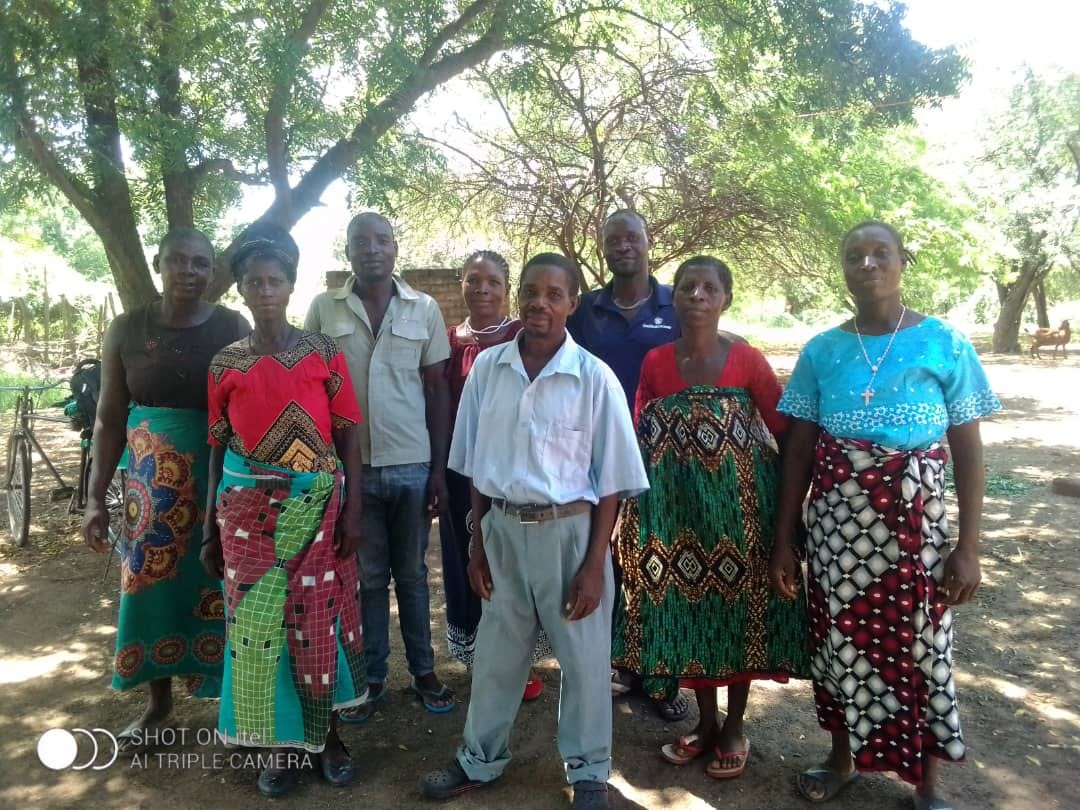Poultry Club Decries Lack of Reliable Markets for Profits
NSANJE, Malawi— The Tayambapo Poultry Club of Mgona village in the area of Senior Chief Tengani in Nsanje says the lack of reliable markets is negatively affecting their businesses, causing them to lose huge profits, club chairperson Foster Msongera said Thursday, writes Cornelius Lupenga.
The club started in 2020 with 12 members, each contributing two chickens for a total of 24, Msongera said in an interview with AfricaBrief at their headquarters.
"The 24 chickens multiplied to over 300 in a space of three months," he said. "Members agreed to share birds and not money at the very start of the group."
Msongera said each member received 20 chickens to rear at home, and the remaining over 80 were still being managed at the club level.
Club member Margrate Mpenga said members have made minimal profits from selling chickens and eggs due to the lack of markets.
"A chicken is going at 3,500 to 5,000 kwacha, and a tray of 30 eggs translates to 4,500 kwacha, but customers are failing to buy," Mpenga told AfricaBrief, adding that despite the little they were keeping, members managed to build houses, pay school fees for their children, buy goats and meet other household needs.
Another member, Mervis Winati, revealed the club's success in rearing poultry is due to tireless support and advice from agricultural extension workers. The chickens are vaccinated every three months, resulting in no deaths from Newcastle disease in the entire village.
"Our chickens, either at the household level or club, are vaccinated every three months, which has resulted in the entire village of Mgona having no single death of chickens because of Newcastle disease," Winati said.
She said since the club's formation in 2020, members have been adhering to advice from veterinary officers.
Winati said the club wants to contact the Agricultural Commercial (AGCOM) to visit them one day.
Agriculture Extension Worker Guta acknowledged advising the group whenever they need assistance.
"The members adhere to the tips given to them, hence their success in rearing chickens," Guta said.




